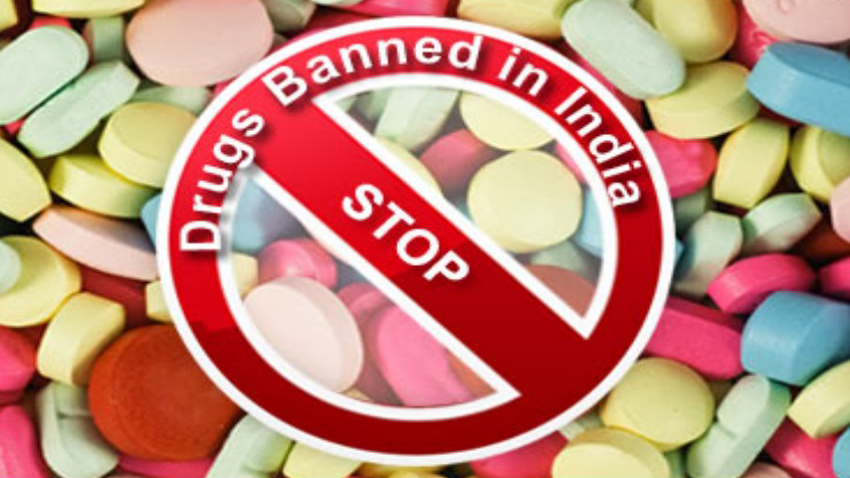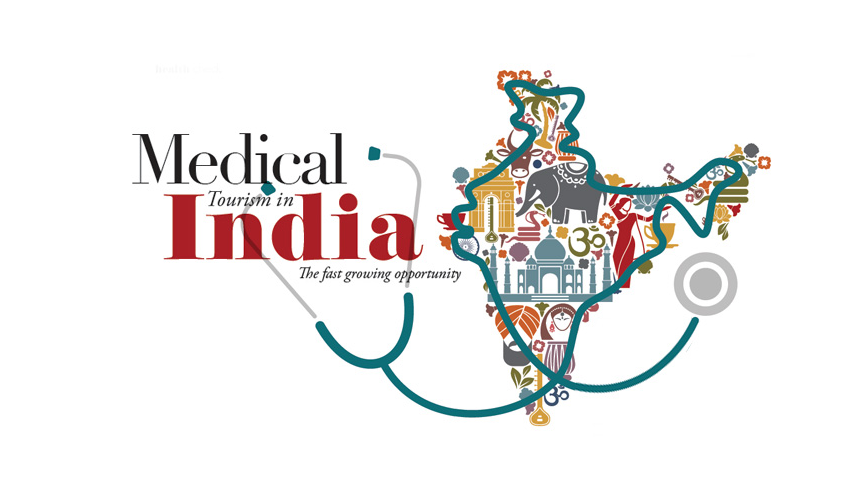Government ban on over 300 drug combinations in India
March 21, 2016: The Health Ministry in India has taken a stand and issued a circular to ban 340 fixed drug combinations. Almost all of these combinations have not been cleared by the government, and have yet been in wide circulation in the country. In order to prevent any further misuse and/ or adverse drug reactions including addiction liabilities, these drug combinations stand banned with immediate effect.
The practice of using combination therapy is often followed in conditions including various types of cancers, diabetes, and malaria. However, there is always a rationale behind a prescribed dosage and combination. In order to increase drug compliance, it has often become a common practice to irrationally combine two or more drugs, which may not always prove to be beneficial. In India, the state laws and policymakers often allow pharmaceutical firms to concoct a drug combination, while giving them the flexibility to retroactively establish its efficacy. Needless to mention, seldom is the study data submitted to the authorities.
Addressing these concerns, the Indian Government set up a committee in 2014 to evaluate, analyze and justify the use of over 6000 drug combinations prescribed in the country. The primary mode of analysis was to classify these formulations into three categories; rational, irrational, and additional data required. This simple methodology successfully eliminated 340 drug combinations, which will be banned instantly, after a notice is issued by the Drug Controller General of India (DCGI).


